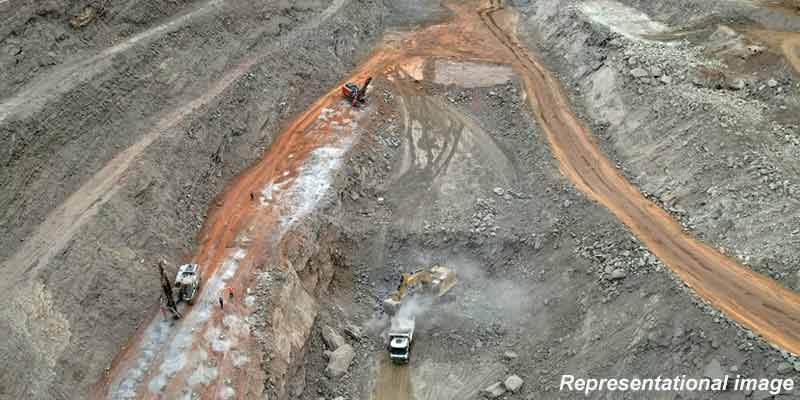- India
- Aug 20
- Sreesha V.M
Parliament passes Mines and Minerals Amendment Bill
• The Parliament passed the Mines and Minerals (Development and Regulation) Amendment Bill, 2025 on August 19.
• It is aimed at further liberalising and modernising India’s mineral sector with a particular focus on critical and strategic minerals essential for the country’s green energy transition.
• The Bill was passed by the Lok Sabha on August 12. It received approval from the Rajya Sabha through a voice vote.
• It amends the original Mines and Minerals (Development and Regulation) Act, 1957.
Why did the govt bring in amendments?
• The Mines and Minerals (Development and Regulation) Act, 1957 was enacted to provide for the development and regulation of mines and minerals under the control of the Union government.
• The Act, being a part of the policy regulating economic development of the country, has been amended several times over the years.
• The last amendment made in the Act in 2023 focused on increasing exploration and production of critical and strategic minerals in the country by introducing a new list of 24 critical and strategic minerals; empowering the Central Government to auction mineral concessions in
respect of such minerals and introduction of exploration licence for critical and deep-seated minerals.
• The significance of critical and strategic minerals in the development of the country is continuously increasing and recent global geo-political developments have constricted the supply-chains of these minerals.
• India is mostly dependent on import of these minerals.
• A National Critical Mineral Mission has been launched to increase domestic production, including from the offshore areas of India, secure supply chains from outside India and promote processing of critical minerals.
• There is an urgent need to further amend the Act to support the National Critical Mineral Mission in its objectives.
• Further, certain amendments are needed to provide a simpler regime for promoting conservation of minerals, zero waste mining and extraction of deep-seated minerals.
Key features of the amendment Bill:
• The amendment Bill introduces several significant changes to modernise the mining framework.
• Mining leaseholders can now add new minerals, especially critical ones like lithium, cobalt, and nickel, to their existing operations without paying additional royalty.
• The National Mineral Exploration Trust has been renamed as the National Mineral Exploration and Development Trust, with its scope widened to fund not only exploration but also development of mines and minerals, including in offshore areas and internationally.
• Contributions from lessees to the trust will increase from 2 per cent to 3 per cent of royalty.
• The Bill permits one-time extension of mining areas for deep-seated minerals and removes the 50 per cent sales cap on minerals from captive mines.
• States are also empowered to allow sales of mineral dumps.
• The legislation establishes regulated mineral exchanges for transparent trading and streamlines licensing procedures to attract investments and enhance transparency.
(The author is a trainer for Civil Services aspirants.)

